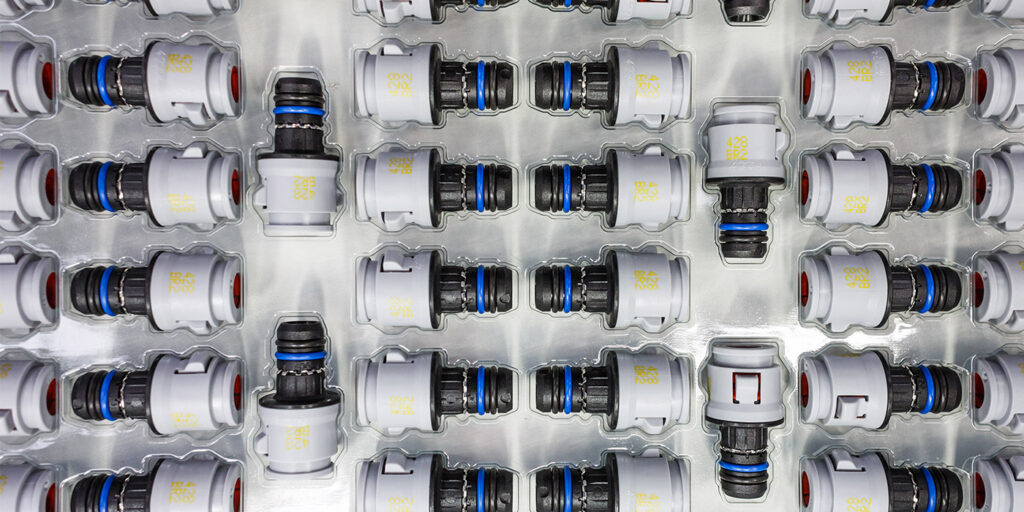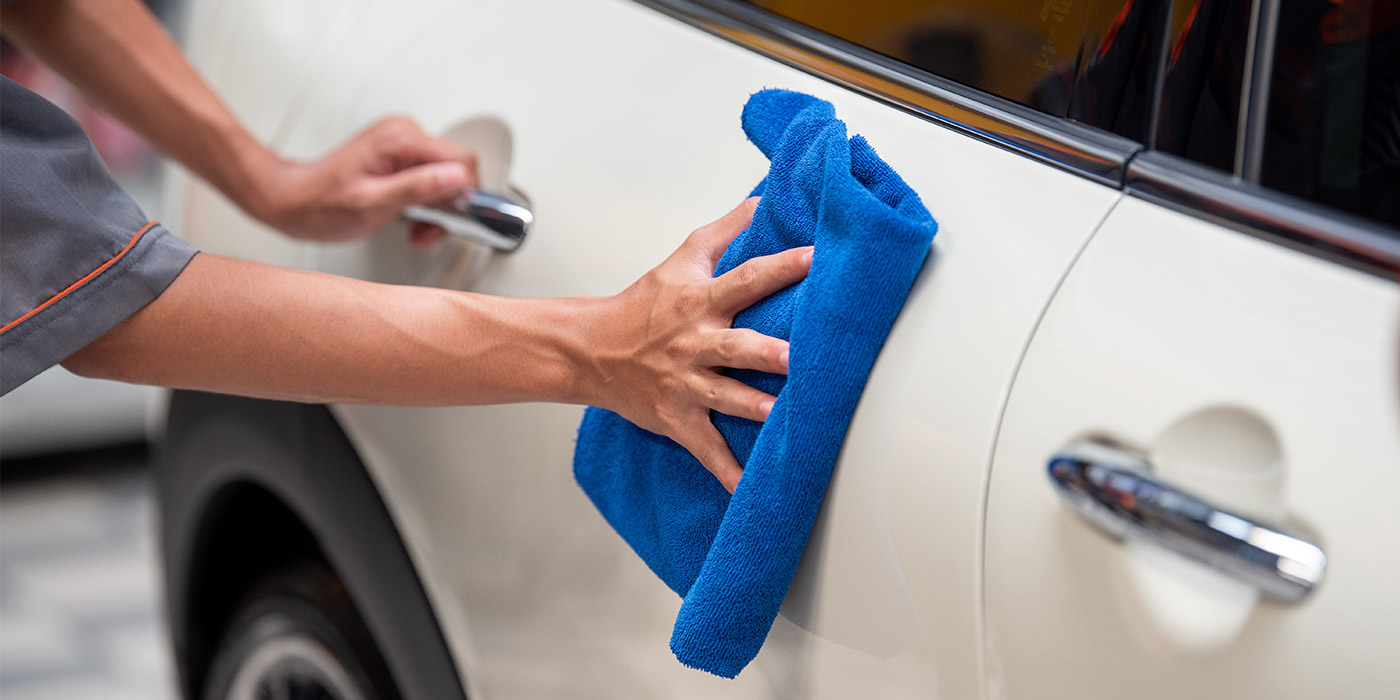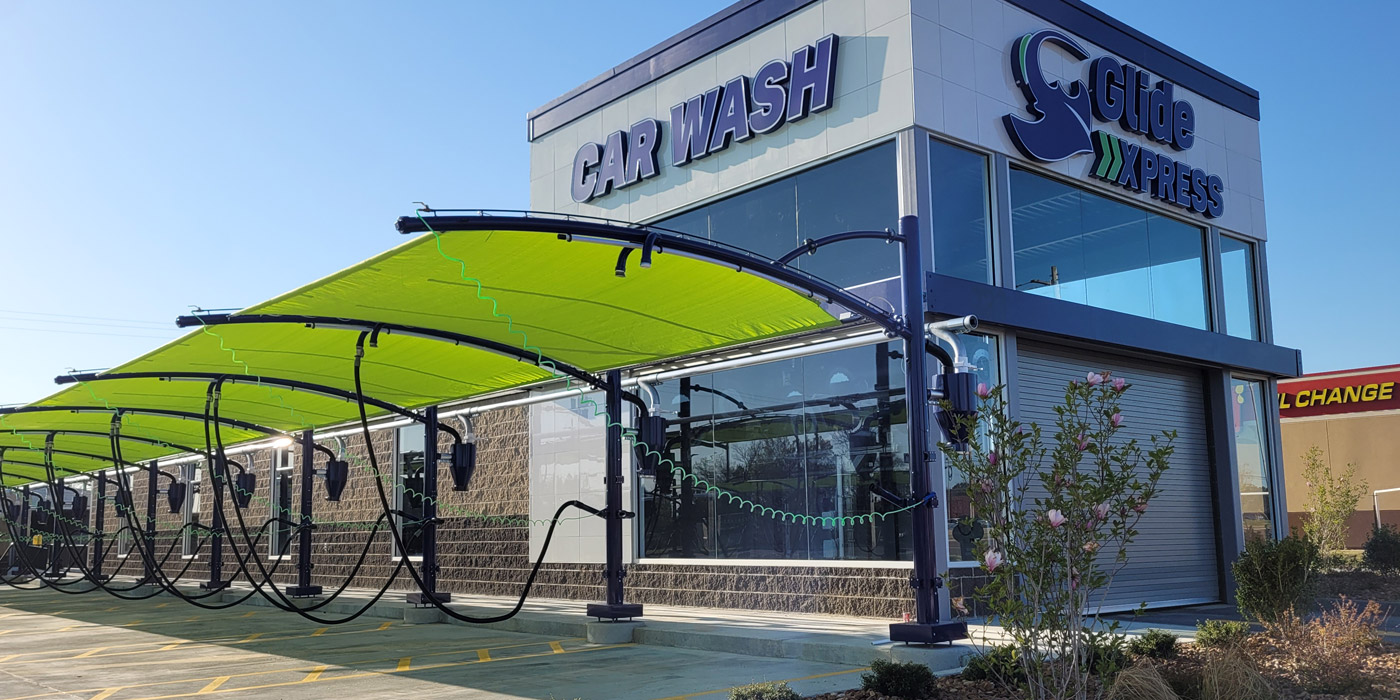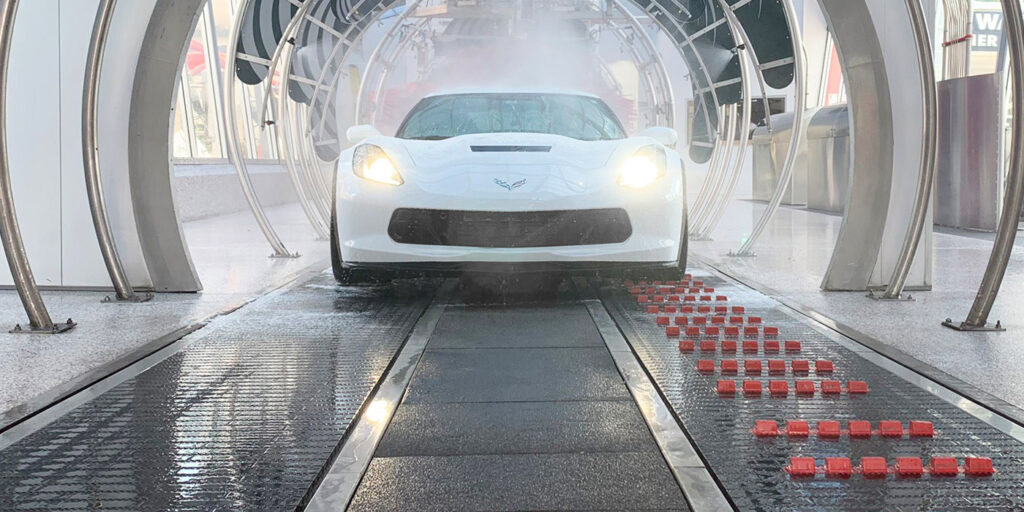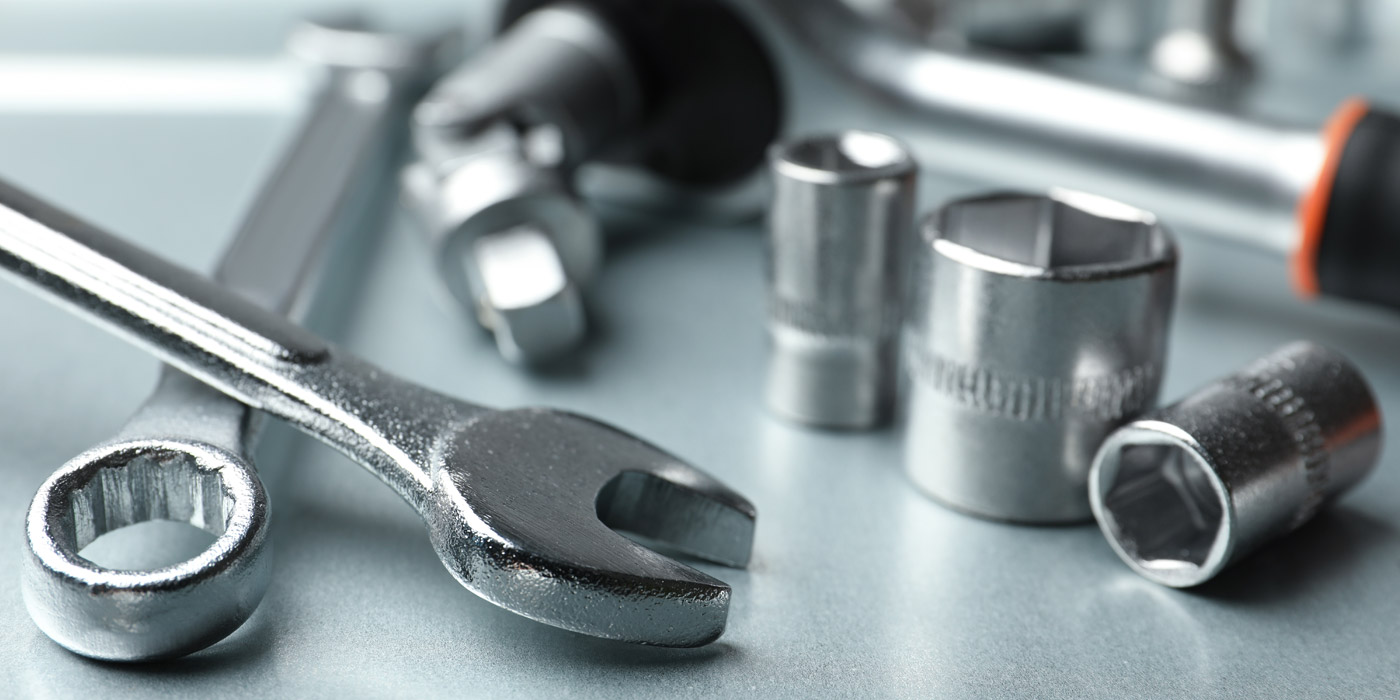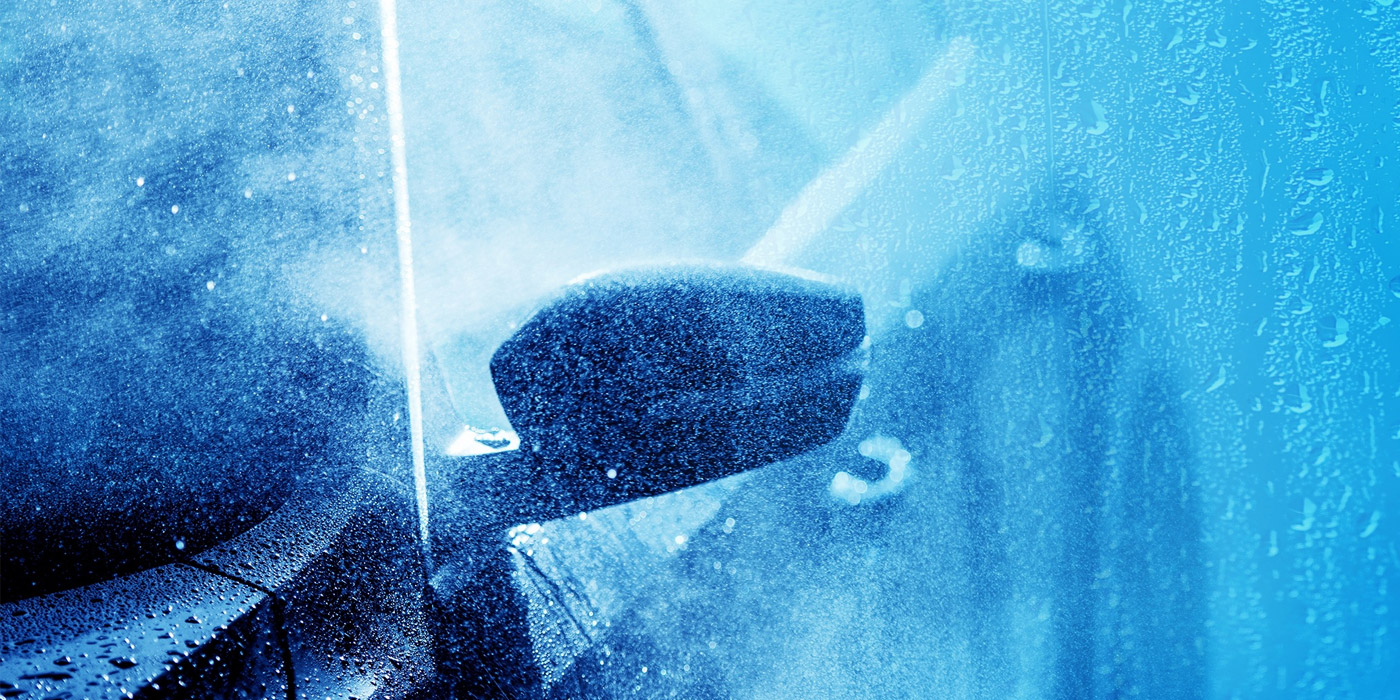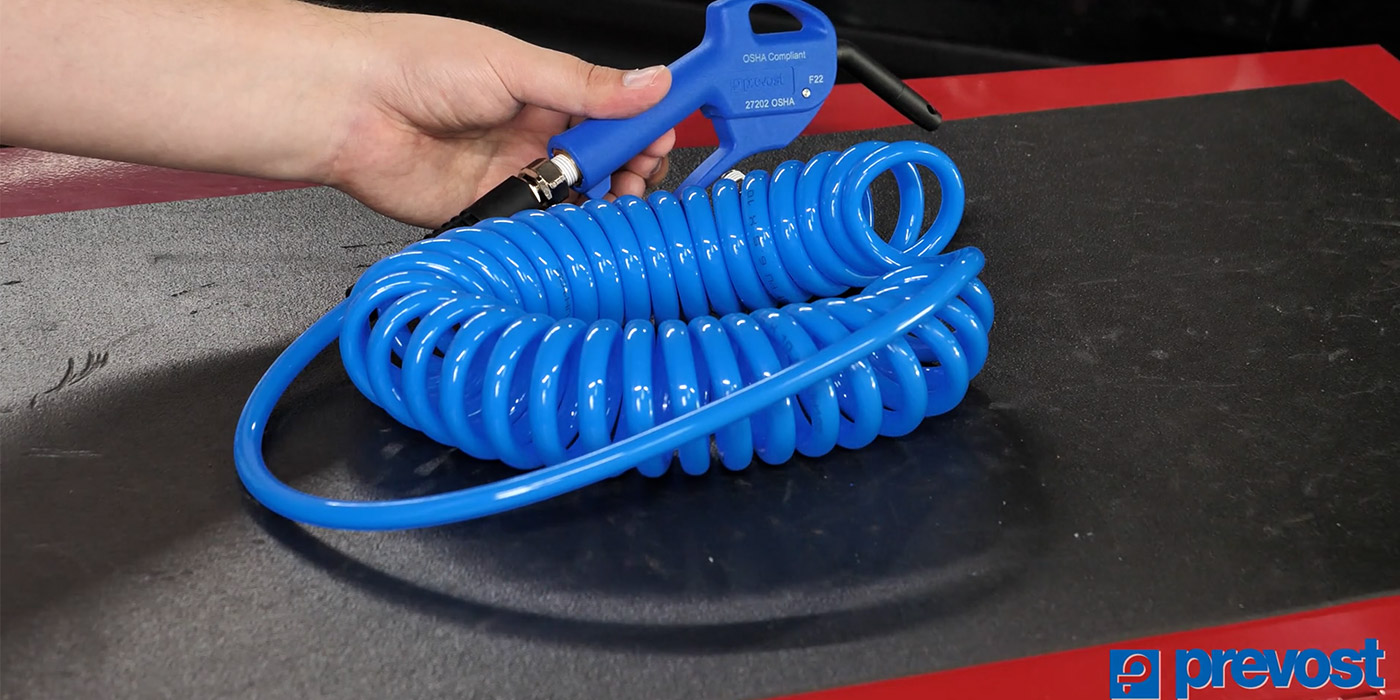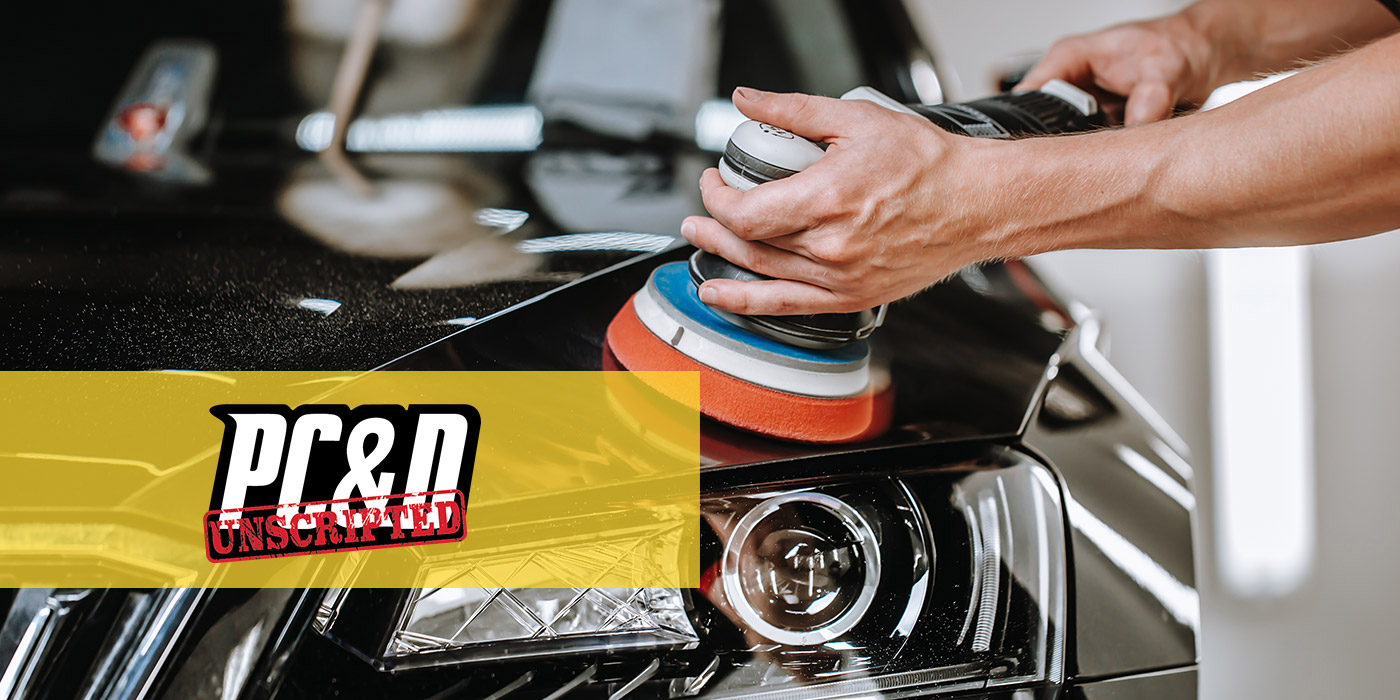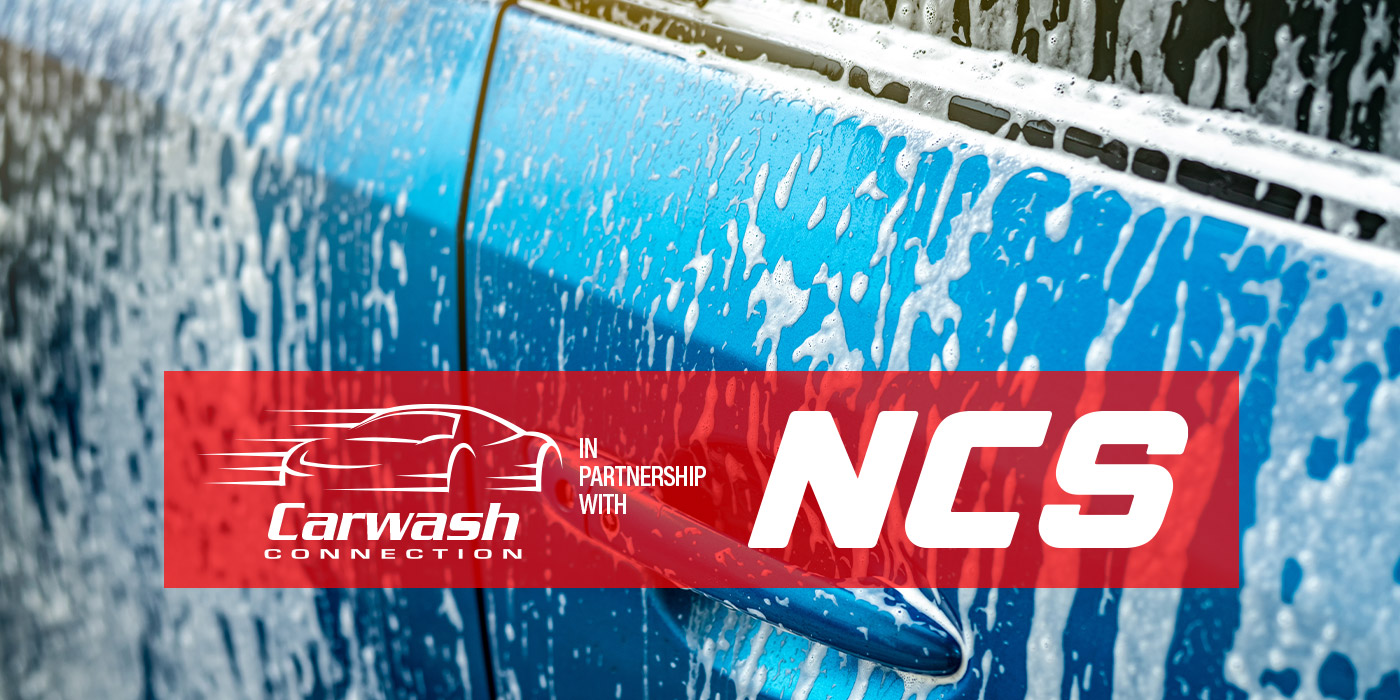It’s common for carwash owners and operators to use brass or stainless-steel fittings for facilities, especially if their equipment was originally installed with those types of fittings. But, it’s important for carwash owners to know the many benefits they can obtain by using poly fittings and tubing versus brass and stainless-steel fittings. Considering all options enable companies to make the right choice for their businesses now, while also preparing for what the business could become.
Brass and stainless-steel fittings often require specialized tools and skills to install, which can increase labor costs. It is also time-consuming to repair a faulty brass or stainless-steel fitting installation because the tubing often needs to be cut and the whole installation needs to be reconfigured. Furthermore, leaks may occur when fittings are installed too tightly or not tightly enough.
In order to protect your time and budget from repairs and maintenance, as well as to help prevent leaks, consider the information in this article when replacing brass and stainless-steel fittings with poly push-fit fittings and linear low-density polyethylene (LLDPE) tubing.
Cost effective options
Why are poly fittings and tubing more cost effective?
Your carwash business needs quality maintenance and repair solutions to manage, schedule and budget. They should minimize major equipment downtime and make it easier to fix issues. In order to achieve all these goals, look for poly fittings and tubing that are:
• Quicker to replace. Poly push-fit fittings and tubing are easy to install with no tools required. Stainless-steel and brass fittings are often compression style, which requires tools and specialized skills to install, making them more time-consuming. These additional steps can also lead to more downtime for your machines, likely translating to lost revenue.
• Less prone to leakage. Because they’re simple to install, poly fittings develop fewer leaks on average than stainless-steel and brass fittings. Compression-style fittings may develop leaks if they are installed too tightly or not tightly enough, and the installer must cut the tubing to make the repair. These repairs take time and can cut into revenue. For push-fit fittings, leaks are less common, as long as the tubing is free of damage or debris and the fittings are inserted to the proper depth.
• Compatible with most soaps and reliable in harsh water conditions. Brass isn’t a reliable material for these conditions because most chemicals and soaps used in carwash facilities can corrode brass fittings. Similarly, certain grades of stainless-steel can develop pitting, which is a form of corrosion that causes small holes to develop. Both situations increase the risk of leaks.
What to look for
Before you purchase fittings and tubing for equipment repairs, research manufacturer options so you know you’re getting the highest quality products and best partner for your business. Look for a reputable manufacturer that:
• Has deep industry experience and, ideally, has developed products that are proven to work and adapt over time to stay updated with industry needs.
• Has fittings that can be used on poly tubing styles and stainless-steel tubing styles so you will only need to use one vendor for all your needs.
• Uses only top-quality materials, such as acetal and polypropylene with EPDM or nitrile o-rings.
• Owns their research, development and tooling. They should also, ideally, own the manufacturing and distribution processes from start to finish so tight control is likely as this can and will impact product performance.
• Provides in-house field support and internal tech support for customers and installers to answer questions as you go through the process or even after installation is complete.
Additionally, make sure you’re not purchasing knock-off fittings and tubing of a reputable brand. Doing so could leave you with an inferior product and little to no customer support.
Here are some tips to help you identify the real product from the replicas:
• Make sure the fittings you buy have the logo of a reputable company on them. Do some online searching, if you need to, in order to make sure you’ve got the right product.
• When visiting a manufacturer’s website, make sure it is its actual website, as some links will reroute you elsewhere and not to the website you intended.
• Be specific when asking questions about a fitting or looking for a specific brand. If you ask for a push-fit fitting in general, you could get a low-quality product, so ask for the brand name you researched and ask for specification sheets or pictures.
When not to use poly fittings
With all their benefits, poly fittings and tubing aren’t right for every situation in a carwash facility.
For instance, do not use them in the following situations:
• When pressure is extremely high (such as above 150 psi fluid, 200 psi air).
• For chemical injectors or when chemicals used in the tubing and fittings are not water-based. Always consult with the chemical manufacturer and/or fitting manufacturer if you are unsure.
• In hydraulics applications. Most poly push-fit style fittings will not seal at the required pressures of hydraulic systems, and some o-ring materials are not compatible with hydraulic fluids.
• If you have chemical vapors that will attack the material of the fittings. Always consult with the fitting manufacturer if you have questions regarding specific chemical compatibility. For the applications where poly fittings and tubing are appropriate, you’ll reduce your labor and materials costs and, in most cases, decrease downtime for repairs and maintenance.
Poly fittings and tubing have many benefits to offer professional carwashes. As with any key piece of equipment, proper research and selection is of utmost importance.
Russell Brundridge is the business development manager at RWC — a market leader and manufacturer of water control systems and plumbing solutions for OEM commercial and industrial applications — for John Guest, SharkBite, HoldRite and Cash Acme. John Guest is a leading brand in plastic push-fit fittings, tubing and other fluid control products.

